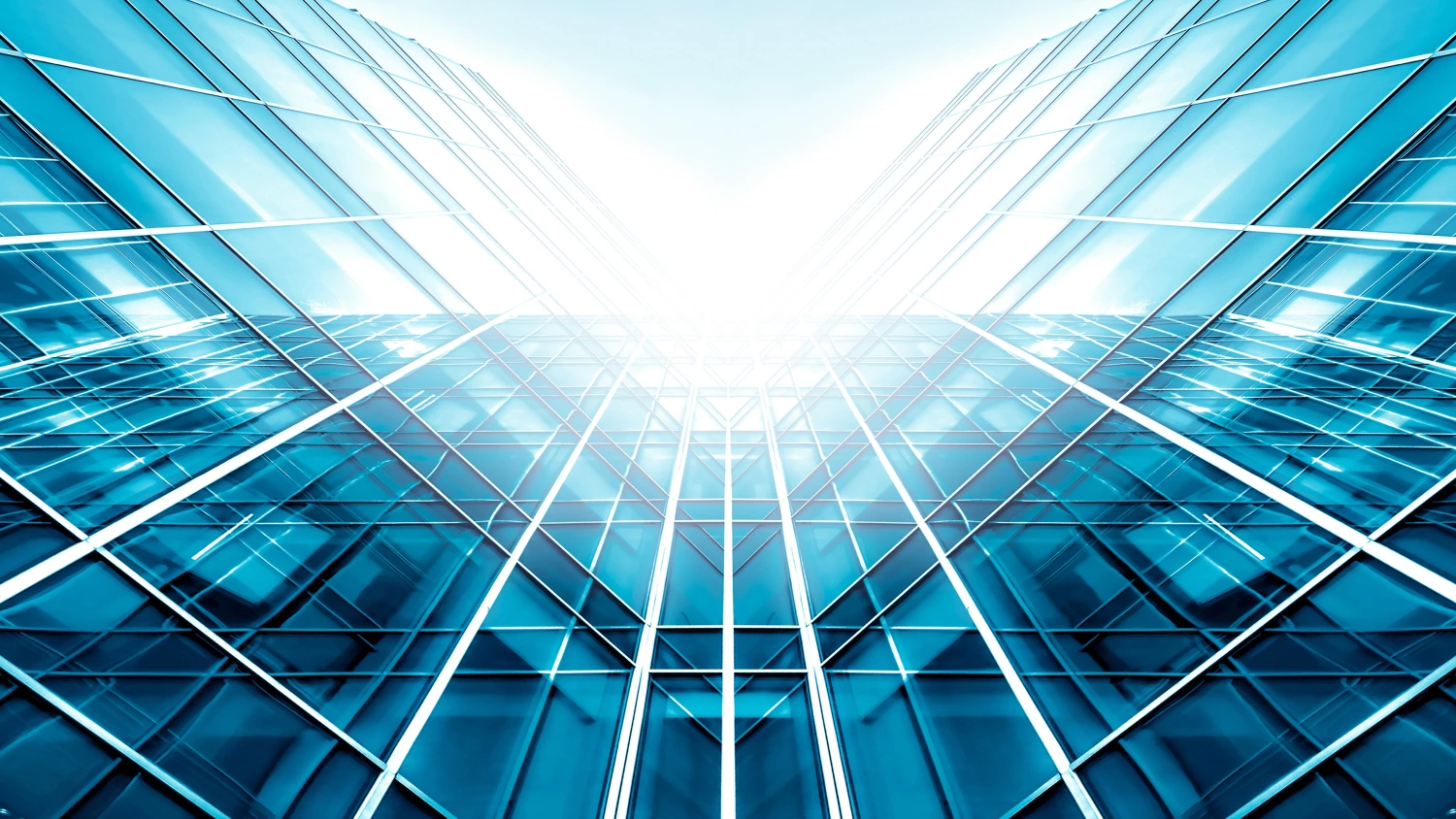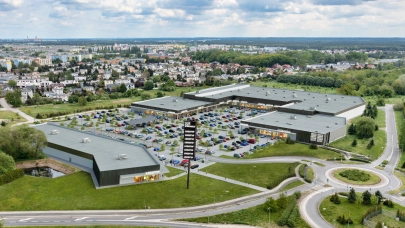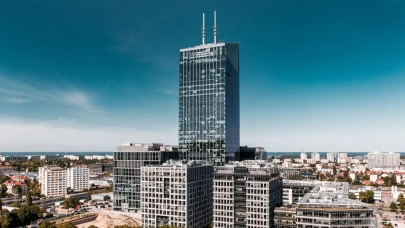
In 2022, KGAL’s new business volume reached almost €1.9 billion across all asset classes. The renewable energy funds exceeded their return targets by approximately 100 percent on average, the impact residential real estate fund, KGAL Core 5 LIFE, got off to a strong start and the aviation team took advantage of the industry’s comeback, securing 16 aircraft operating leases. KGAL also made a number of important internal decisions within the company, further providing for a successful future.
There were many triggers in 2022 for investment and asset managers to switch into savings mode and wait out the economic storm. KGAL did the complete opposite and invested in its future. “Standing still is taking a step backwards. This is truer now than ever in view of ever-changing market trends, growing ESG requirements and the rapid digital transformation,” emphasises Gert Waltenbauer, CEO of KGAL GmbH & Co. KG. “We launched a series of IT projects in 2022 that will not initially generate a single euro in revenue, but that will deliver important added value to our customers. We have selectively increased our staff base because our in-house expertise is our most important asset. And we are in the process of positioning ourselves in an even more market-oriented way.”
Reinforcement in important business units
KGAL’s ESG division was further strengthened in 2022 in terms of personnel and now consists of six specialists: three in the ESG Office and three in asset class units. In light of increasing reporting obligations, and now having three Article 9 impact funds, one Article 8 Plus fund and four Article 8 funds, the team has kept busy. More sustainable products will follow in 2023, including the KGAL klimaSUBSTANZ, a ground-breaking open-ended infrastructure mutual fund for retail investors. One of KGAL’s major ESG goals is to gradually reduce GHG emissions to net-zero within the Group as well as in investment portfolios. In business operations, CO2 emissions have already been reduced by an average of 18 percent p. a. over the past three years.
KGAL has also placed its research under new management and further expanded the team with the addition of a specialist in energy price forecasts. During volatile times, in particular, it is crucial for analysts and asset managers to make quick decisions in close coordination. In addition, KGAL has further improved its operational effectiveness by gradually implementing a new structure for portfolio management, transaction management and asset management.
Exceptional year for renewable energies
The sustainable infrastructure asset class experienced an exceptional year in 2022, with double-digit annual performance across all funds and mandates on a size-weighted basis. Rising electricity prices had a positive effect, but were by no means the only decisive factor, because like many other market participants, KGAL predominantly concludes long-term power purchase agreements or feed-in tariffs with fixed prices. Rather, the flagship funds KGAL ESPF 4 and 5 in particular contributed to the good overall result with progress in new project developments. In Q4/2022 alone, the construction phase began for three solar parks in Italy, Spain and Portugal. The two funds’ core-plus strategy of investing early in the value chain to leverage returns was a complete success. The Article 9 impact fund, KGAL ESPF 5, is continuing this investment strategy, targeting further closings this year.
In addition, KGAL’s new Article 9 impact fund KGAL ESPF 6 offers institutional investors with the opportunity to invest in the energy transition growth market, with the central theme of “green hydrogen”. KGAL’s extensive industry network and strategic partnership with InnoEnergy, one of the world’s largest early-stage investors in the energy transition sector, ensure access to promising projects.
Rising interest rates shape real estate markets
The fastest interest rate rise in history – 300 basis points in ECB key rates in less than seven months – has meant that price expectations among buyers and sellers drifted apart over the course of 2022, and a new market equilibrium has yet to form. Given this environment, KGAL’s transaction management has been particularly selective in its acquisitions. As a seller, however, KGAL nevertheless succeeded in achieving very good deals, including two properties in Vienna and the 81,000 square metre telecoms headquarters in Bonn. In times of upheaval, this active asset management of the real estate portfolio is of the greatest importance. KGAL thus achieved an excellent letting performance totalling 190,000 square metres in 2022, with assets under management of 1.6 million square metres; the occupancy rate was correspondingly high at approximately 97 percent.
A positive signal, despite subdued market sentiment, was the launch of the European residential real estate fund, KGAL Core 5 LIFE, at the end of 2022. This Article 9 impact fund was immediately able to achieve the first closing with capital commitments in the hundreds of millions and it acquired its first property, a BREEAM-certified new-build in Málaga, Spain. KGAL expects more buying opportunities in 2023 thanks to rising initial yields.
The KGAL immoSUBSTANZ open-ended mutual real estate fund once again proved its reliability by achieving a 4 percent return in 2022, continuing its track record of above-average returns since its launch in 2019.
A new direction from 2023
At the end of 2022, the managed investment volume reached a total of €16 billion. While the sector’s success in recent years has been strongly influenced by the low interest rate policy, this is now changing. With the strong fundamentals for sustainable infrastructure and aviation, new trends are emerging or strengthening in these sectors. In the real estate sector, the time has also come for asset management of the properties themselves. Reduced activity in new construction will meet solid demand, which will lead to significant rent increases.



